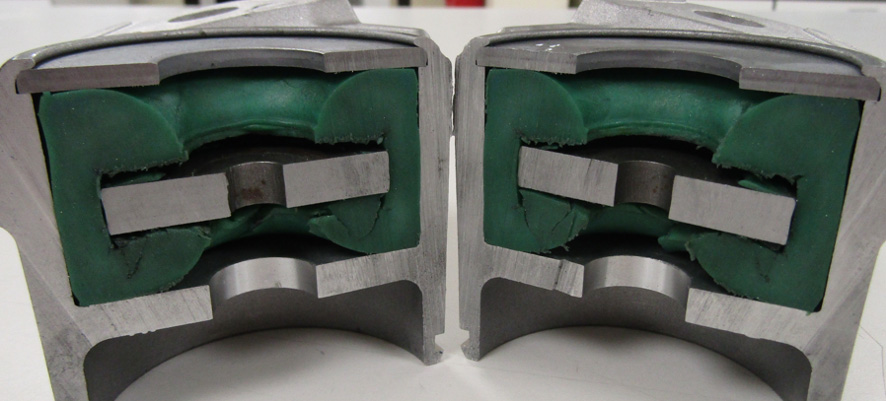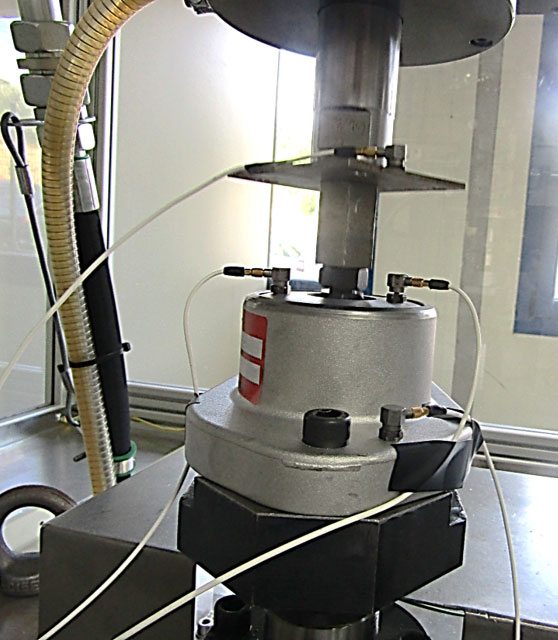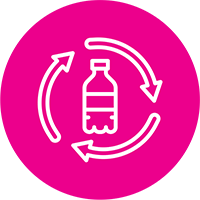KOSEL
USE OF SUSTAINABLE MATERIALS IN VEHICLE SUSPENSION
There are a large number of thermoplastic materials on the market, but their functionalities have never come close to competing with "thermoset" rubber materials in terms of performance in the field of light vehicle anti-vibration in products, such as suspension and shock absorber silentblocks. One of the major handicaps of thermoplastic materials is their lack of stability in anti-vibration performance in the working range of the passenger vehicle, since their performance values when compared with extreme working temperatures, both hot (+80ºC) and cold (-40ºC), vary by at least one order of magnitude, although they present interesting data at 23ºC. This makes it impossible to use such materials as anti-vibration solutions in components with cyclic load stresses.
CIKAUTXO, a leading company in the development and production of rubber and plastic components for various applications, promotes KOSEL, a project in which the expert mobility engineering company, EDAG, and the LEARTIKER Technology Centre have collaborated.

DRIVING FACTOR


 OBJECTIVES
OBJECTIVES
- Identify or generate thermoplastic material with anti-vibration capability that is able to match the specification of a thermoset material for passenger vehicle anti-vibration, mainly in suspension.
- Validate the material at test tube level against a specification established by a premium OEM manufacturer.
- Validate the component as a functional prototype dynamically and its durability on a test bench.
- Offer CIKAUTXO's customers recyclable alternatives for anti-vibration solutions in the field of passenger vehicle suspension.
- Manufacture parts from recyclable material, with the minimum possible economic impact.
 RESULTS
RESULTS
- The market analysis carried out at the start of the project has not found a commercial grade capable of competing with natural rubber.
- Design and development of an alternative, recyclable material that has been satisfactorily tested to a premium customer specification.
- Prototypes made with the new material developed, with better results in static and dynamic tests compared to natural rubber.
- Satisfactory test bench durability results with prototypes of the new material.
- 38% savings in CO2 equivalent emissions.
 CONCLUSIONS
CONCLUSIONS
- An alternative to the conventional thermoset (non-recyclable) product has been successfully put on the market in the form of a recyclable thermoplastic material with improved dynamic properties and equivalent durability performance, capable of meeting the specifications currently required by automotive OEMs.
- The price of the component will be higher than the existing thermosetting solution in natural rubber for the time being, as it is a new material and its synthesis cannot yet be carried out on an economy of scale.
- If environmental regulations require passenger vehicles to contain at least a percentage of recyclable components, the material developed may well be attractive in order to meet this requirement.
ENVIRONMENTAL
TECHNICAL
ECONOMIC
COMMERCIAL
ON THE MARKET





